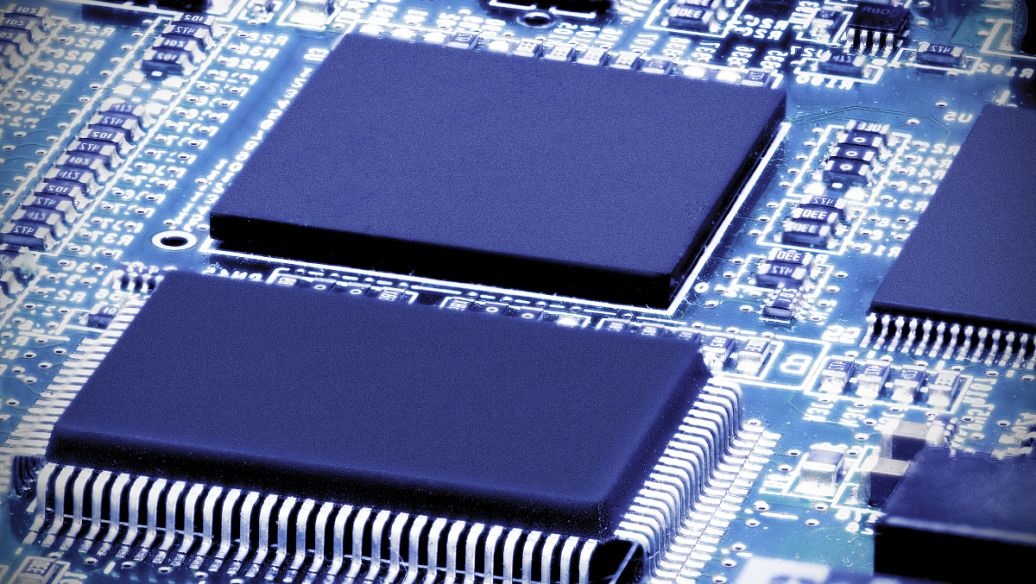
In November 2024, the semiconductor industry changed, and the ceos of the three major European semiconductor industry giants - Infineon, NXP and stmicroelectronics collectively voiced their unease and concerns about the future of the industry, which was like casting a boulder on a calm lake and provoking ripples.
The current state of the global chip market is complex and challenging. On the one hand, in the past period of time, the three major European chip manufacturers have achieved a strong performance in the Chinese market. The booming development of China's electric vehicle industry has provided a strong impetus for the demand for chips, making these companies' business thriving in the Chinese market. However, from a global perspective, in addition to a few, such as artificial intelligence chips are slightly active, chip demand in other regions is repeatedly depressed. According to relevant data, many countries are still affected by trade policies and geopolitics, resulting in the production and circulation of chips failed to recover to the pre-epidemic level, and this market fragmentation has intensified the difficulty of strategic adjustment of enterprises.
The concerns of industry giants focus on several areas. First, the fragmentation of the market is likely to accelerate. As the global chip supply chain gradually diverges, countries are increasing their investment in self-sustaining technology research and development. Although this trend has ensured the industrial security of various countries to a certain extent, it is not a good thing from the perspective of the overall development of the industry. Hanebeck, Infineon's CEO, pointed out that the result of such a policy would only be to increase costs for the industry, which would ultimately be paid by consumers. Sievers, CEO of NXP, also stressed that the chip industry is by no means a project that can be developed in isolation by any country, globalization is the cornerstone of technological progress and industrial upgrading, and the policy of a single market will bring a huge impact to the entire industrial chain.
Second, policy uncertainty is also a major concern for the titans. Whether the Chip Act in the United States will be re-examined in the future after Trump's election has become the focus of attention in the industry. Mr Trump has previously attacked the law as a "bad programme", upsetting businesses that rely on it for subsidies and support. In Europe, governments' policies for the semiconductor industry are also constantly adjusting, and enterprises need to constantly adapt to the new policy environment, which undoubtedly increases the operational risks of enterprises.
Moreover, the semiconductor industry is becoming increasingly competitive. Asian chipmakers such as TSMC continue to make breakthroughs in technology and production capacity, putting enormous competitive pressure on European companies. For example, TSMC occupies an important position in the field of contract manufacturing of advanced process chips, and its technological advantages and capacity scale leave European companies behind. In addition, with the rapid development of emerging technologies such as artificial intelligence, the performance and demand for chips are also increasing, and enterprises need to continuously invest a lot of money in research and development to remain competitive.
In the face of these challenges, the European semiconductor industry giants have also issued a call. They called on governments to take full account of the coordinated development of the global industrial chain when formulating policies and avoid excessive trade protectionism and market fragmentation. Only through open cooperation can we achieve the optimal allocation of resources and promote the healthy development of the industry. At the same time, they also hope that enterprises can strengthen cooperation, jointly overcome technical problems, and improve the technical level of the entire industry.
For the European semiconductor industry, there are both challenges and opportunities. On the one hand, the market uncertainty and competitive pressure have brought great challenges to enterprises; On the other hand, with the rapid development of emerging technologies such as artificial intelligence and the Internet of Things, the demand for chips will continue to grow, bringing new development opportunities for enterprises. European companies should give full play to their advantages in technology research and development and innovation, strengthen cooperation with the global industrial chain, and actively expand the market to meet challenges and seize opportunities.
In short, the concerns and appeals of the European semiconductor industry giants in November 2024 sounded the alarm for the entire industry. In the context of the rapid development of the global semiconductor industry, enterprises and governments need to work together to strengthen cooperation and promote the sustainable development of the industry. Only in this way can we be invincible in the fierce market competition.

On October 26th local time, Tesla's CEO Elon Musk announced at the earnings call that he has finally set a clear production schedule for Cybercab.
On October 26th local time, Tesla's CEO Elon Musk announced…
When the US National Nuclear Security Agency fell into an "…
On November 3, 2025, Peru suddenly announced its diplomatic…
Scientists from the RIKEN Center for Quantum Computing in J…
On the grand chessboard of global agricultural product trad…
In November 2025, the economies of the United States and Eu…